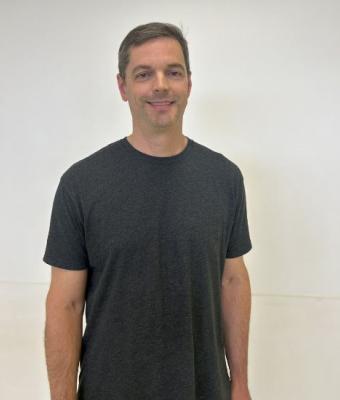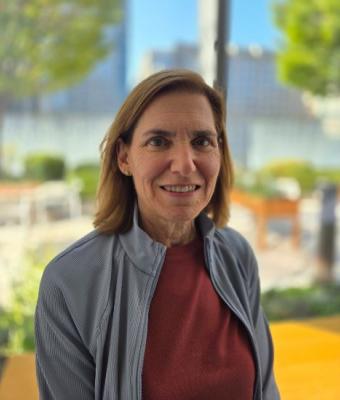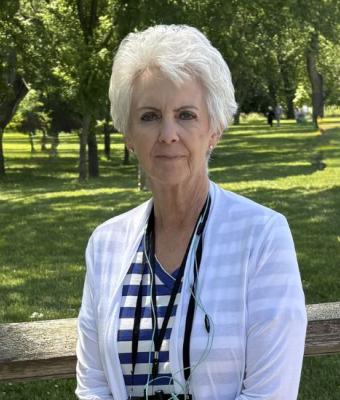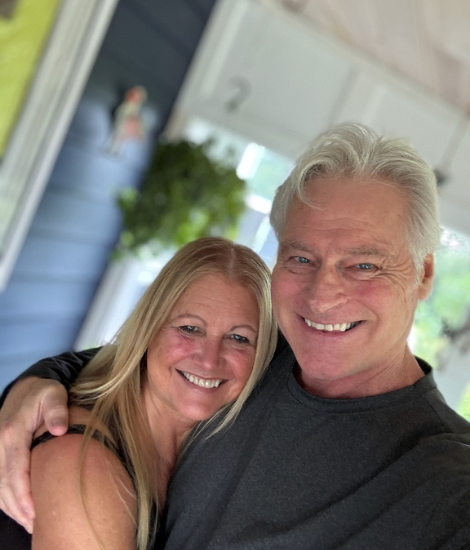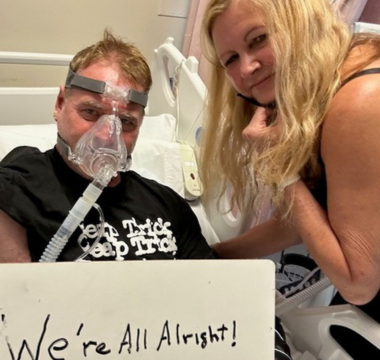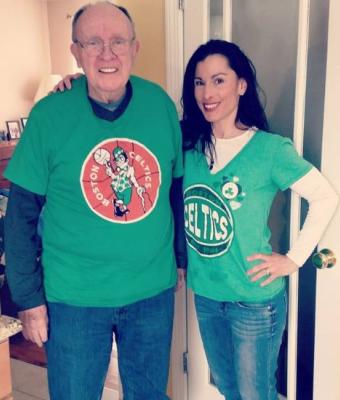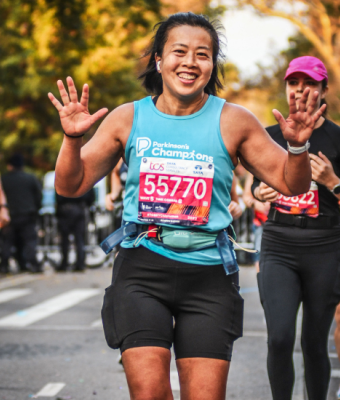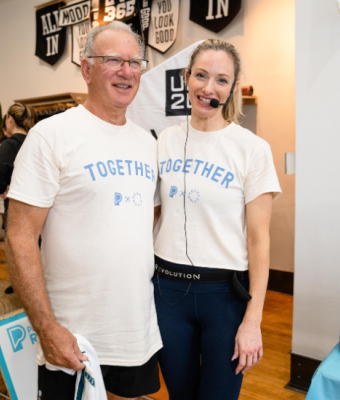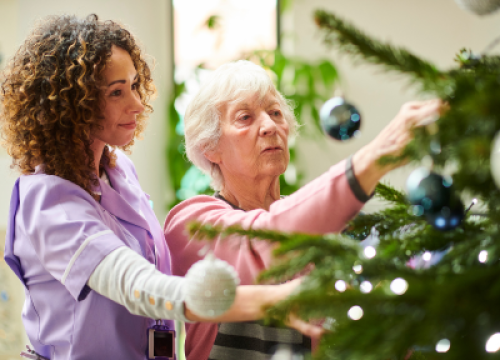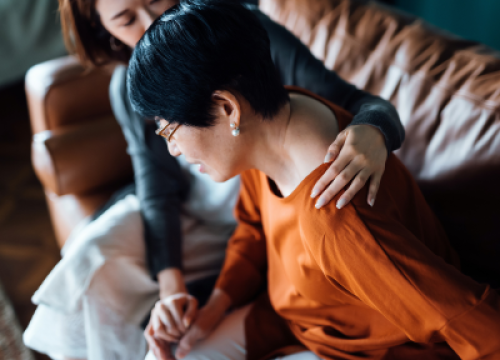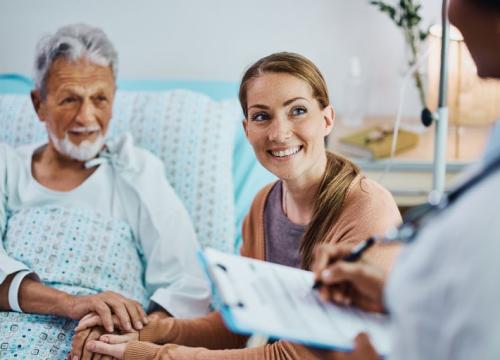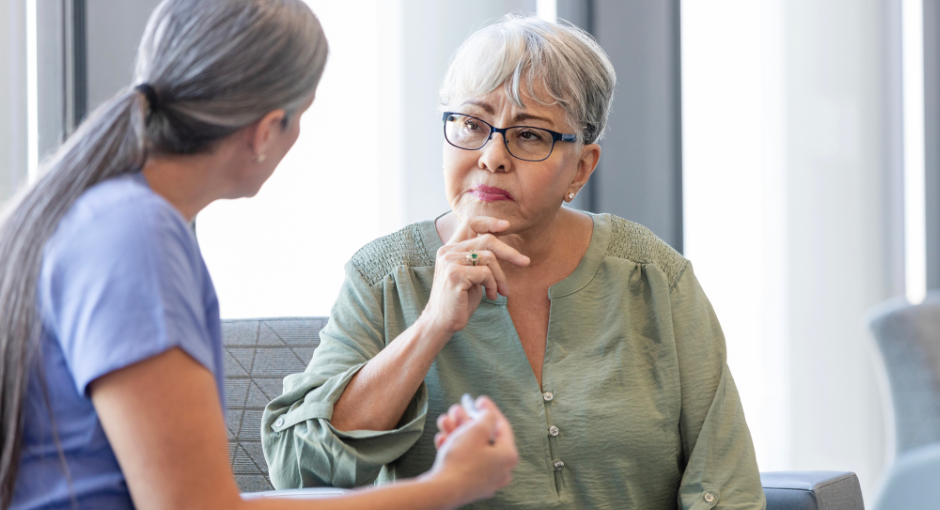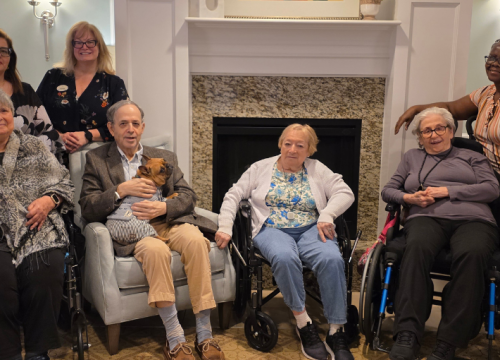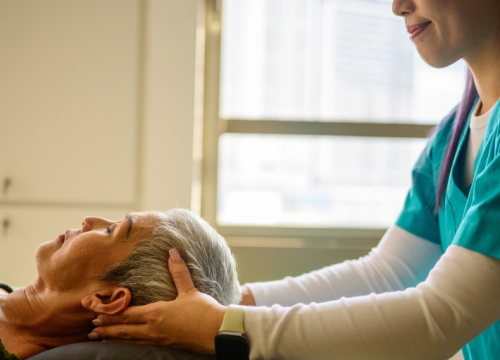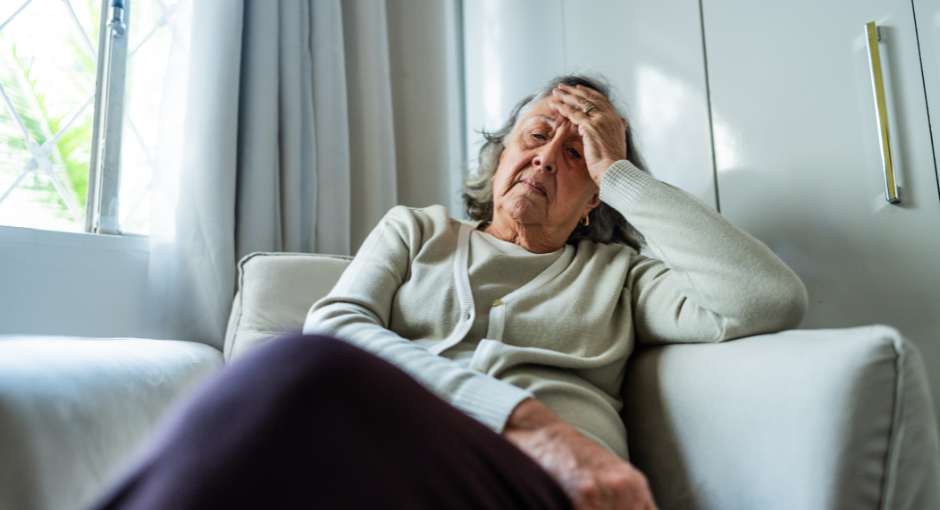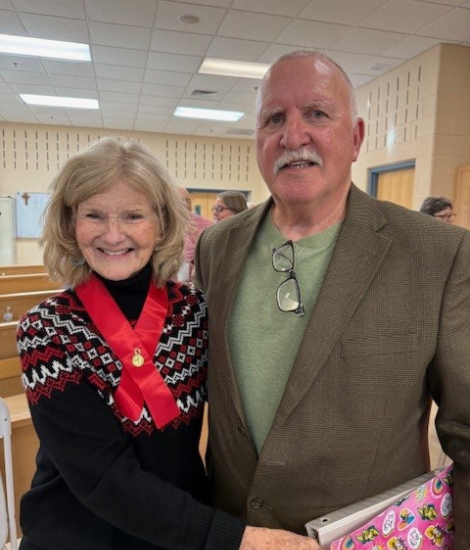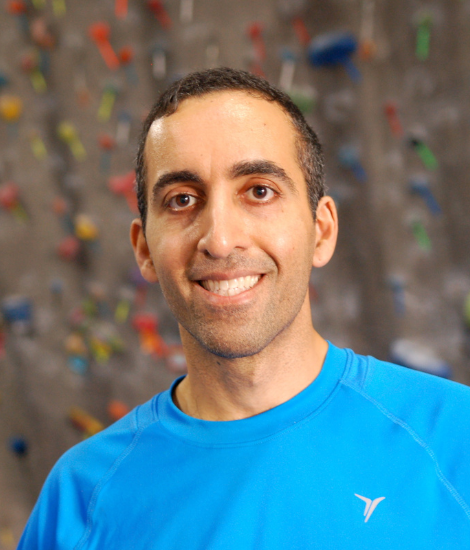My PD Story
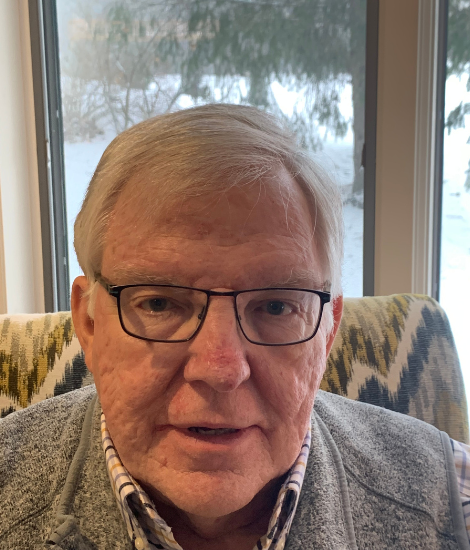
Craig Meurlin
My father was diagnosed with Parkinson’s disease (PD) in the mid-to-late 90s and he lived with PD until his passing in 2012. I was diagnosed with PD in 2019, and I was quickly frustrated that I was being given the same drug for PD my father had used 30 years ago.
It seemed an inordinately long time to not have progressed more with treatments and drugs. Certainly, there were some advances to treat Parkinson’s symptoms, like deep brain stimulation (DBS), but it all seemed to circle back to the primary PD drug carbidopa-levodopa.
As I navigated this reality, and my Parkinson’s symptoms, I eventually connected with the Parkinson’s Foundation. I appreciated that the Foundation’s resources made clear that Parkinson’s is not just a movement disorder. Some neurologists I have dealt with don’t seem to care as much about the non-movement symptoms, and I have those in spades (and had them for a number of years before my actual PD diagnosis).
Learning about how PD impacts so many systems in my body and how common these non-movement symptoms are through the Foundation has been helpful and is just one part of the personalized approach the Foundation does so wonderfully. That personalized approach is why I began to financially support the Foundation.
What meaningfully differentiated the Parkinson’s Foundation from the other PD charities in my mind was when I learned about the Foundation’s Parkinson’s Virtual Biotech initiative. I truly became excited as it seemed to me to be an optimal approach to accelerate research on developing new treatment options as well as finding the cause of PD. The usual institutional approach has not seemed, to me at least, to have made the kind of progress needed, particularly considering the significant increase in the number of people being diagnosed with PD.
Real, original research and development often occurs through the efforts of individuals who do not accept the status quo and believe enough in their own work to take the risks (and those risks are significant) of stepping out on their own to accelerate the development of their ideas. Things can get caught up in the bureaucracy of larger institutions (and, in some institutions, perhaps “group think”) that dampens both the creativity and speed of innovation needed for truly breakthrough developments.
I was looking for something to support that was nimbler and led by people with real passion and belief in their own work, and I found it in the Parkinson’s Virtual Biotech initiative. The initiative’s combination of science and private entrepreneurialism is an excellent way to accelerate advances in applied research and development. Through this initiative, the Foundation makes venture capital investments in early-stage companies focused on PD research and development.
Additionally, the Parkinson’s Virtual Biotech uses an investment model I am familiar with and have seen work successfully a number of times throughout my 40-year career as a corporate lawyer with a particular focus in securities law.
I know the various stages of the venture capital process, the need to do significant technical due diligence and to properly evaluate a company’s management team to be comfortable with their ability to develop and follow through on a business plan to achieve the scientific and commercial objectives of the project.
I like the fact that Parkinson’s Virtual Biotech investments in a company are made in stages based on the company’s achievement of certain milestones. The Parkinson’s Foundation and Parkinson’s UK have the resources to do that due diligence and keep the focus on Parkinson’s disease. They also mentor the management teams when necessary to assist in their success.
I believe that through the Parkinson’s Virtual Biotech, the Parkinson’s Foundation can make a real difference in efforts to advance treatment options and ultimately cure Parkinson’s disease. Where else can you find the expertise (both in PD and in venture capital investments) found in the Parkinson’s Foundation and Parkinson’s UK, the access to many investment opportunities that are brought to this initiative and the management mentoring to move these projects forward? I am unaware of other PD focused organizations doing this and it is something that I am very passionate about supporting it.
I believe this model has the best chance to work for Parkinson’s and to make leaps of progress that are important if we hope to slow disease progression, eventually stop other people from getting it and finally learn what causes Parkinson’s disease. I would encourage anyone to join me in supporting the Parkinson’s Virtual Biotech initiative.
Learn more about Parkinson’s Virtual Biotech and make a gift to support this exciting work.
Related Materials
Pain in Parkinson's Disease
Occupational Therapy and PD
Nutrition and PD
More Stories
from the Parkinson's community
